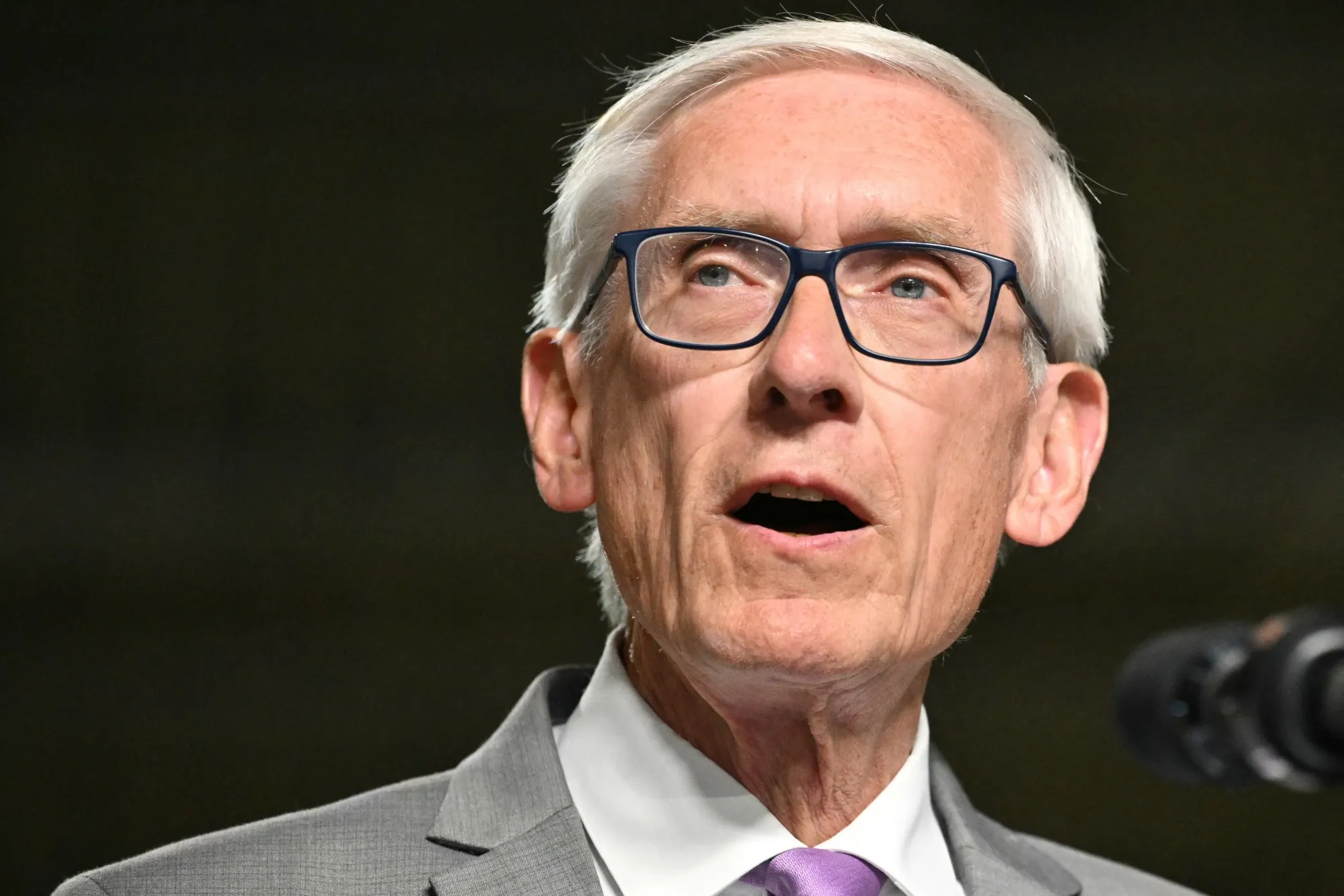Lebanese cannabis oil extract (COE) has been found to provide significant protection against kidney fibrosis caused by folic acid (FA) in an animal model, according to a new study published in PLoS One.
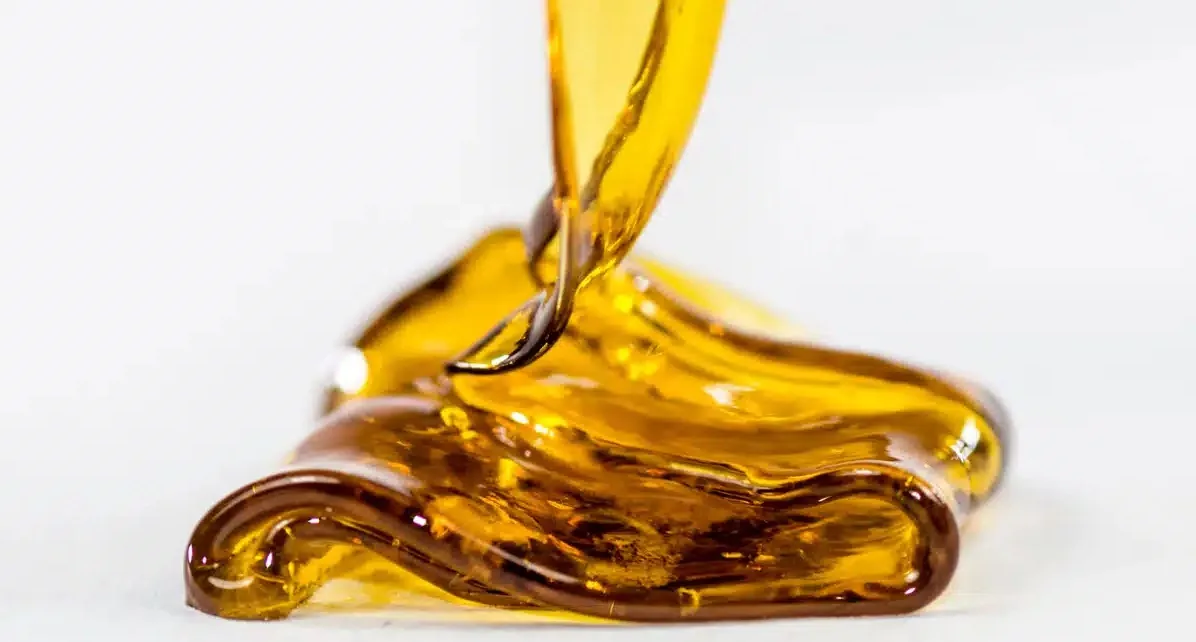
Cannabis oil.
Researchers at Lebanese American University conducted in vitro and in vivo experiments to assess COE’s potential therapeutic effects on renal fibrosis, a hallmark of chronic kidney disease for which no reversal treatments currently exist.
The study used a rat model where a single dose of 250 mg/kg of folic acid induced kidney fibrosis. Rats were subsequently treated with varying doses of COE (5, 10, and 20 mg/kg). Clinical parameters such as serum creatinine, urea, and electrolytes were measured, along with kidney and heart pathology assessments. Additional in vitro tests on cultured rat podocytes evaluated cell viability, migration, and protein phosphorylation levels related to cell signaling pathways.
Continue reading

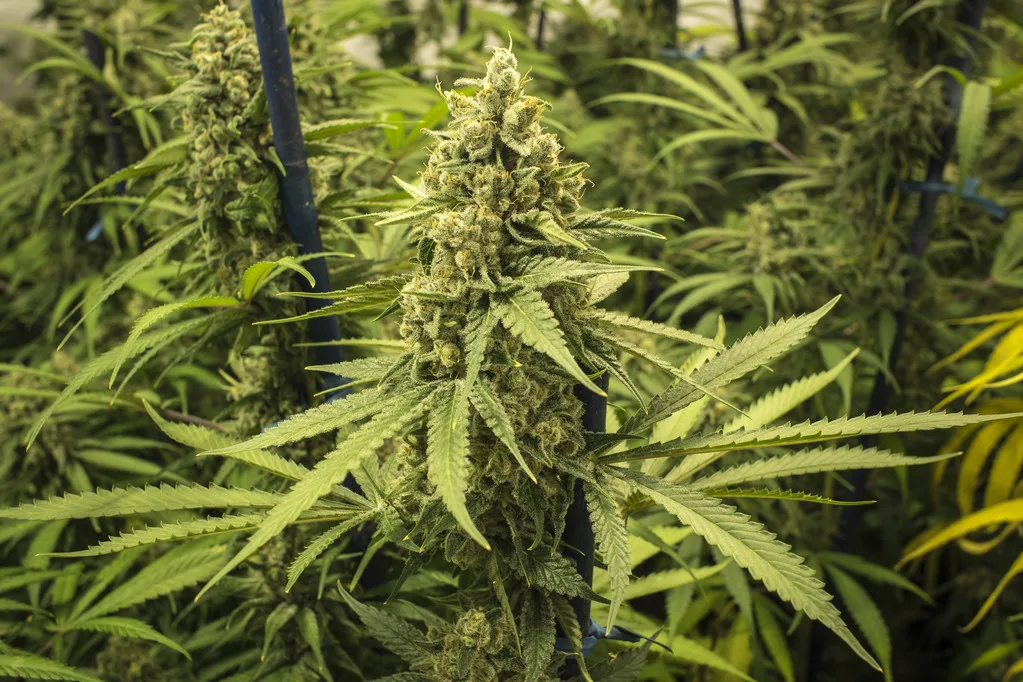


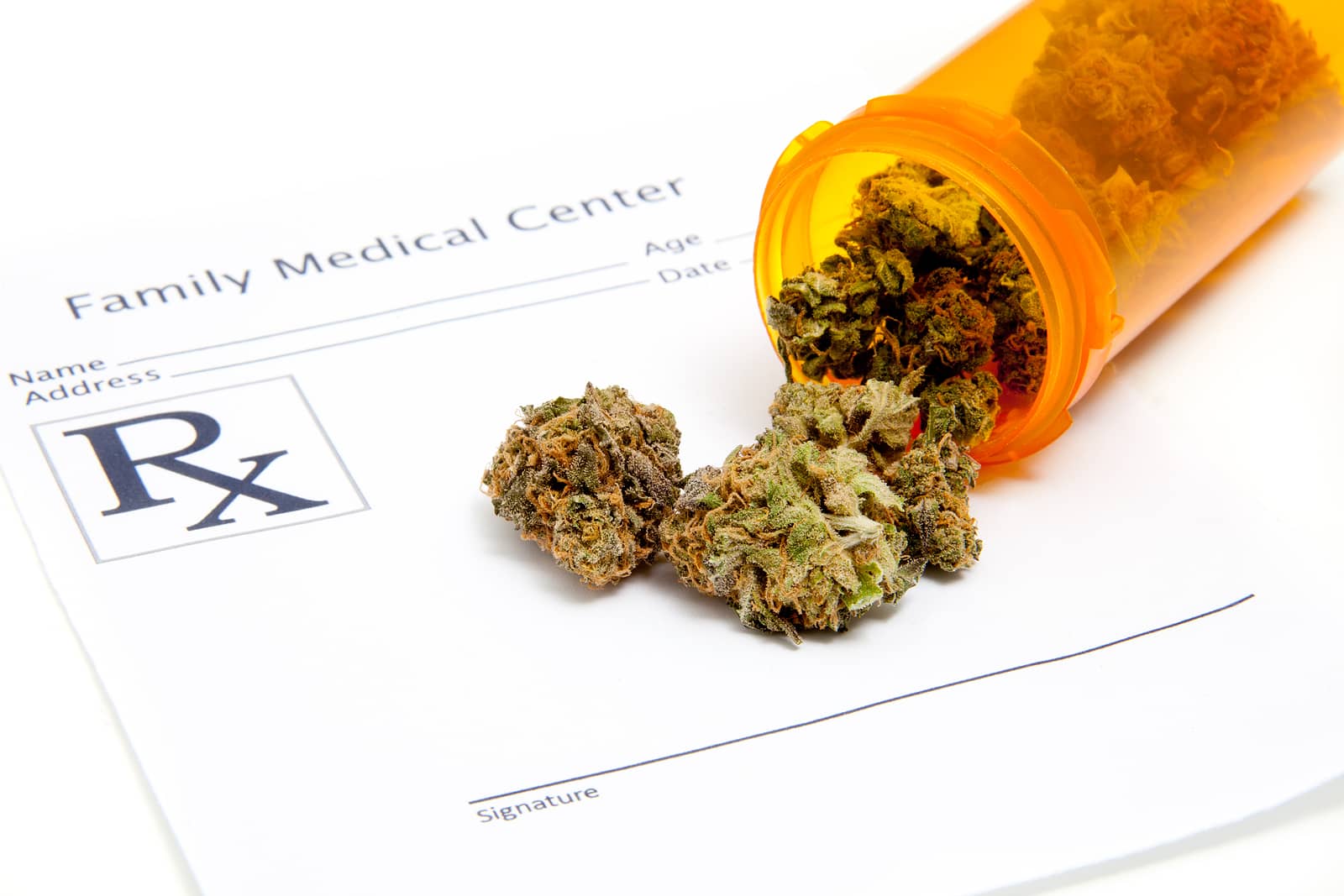
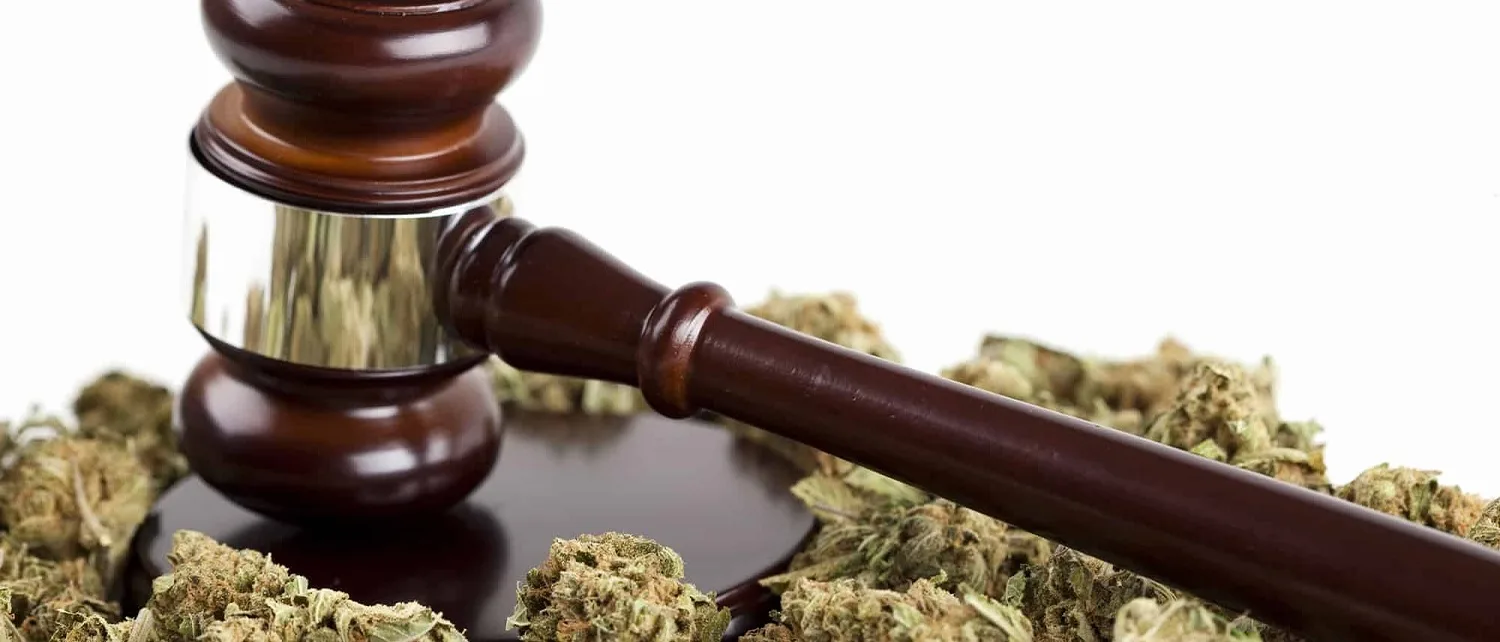
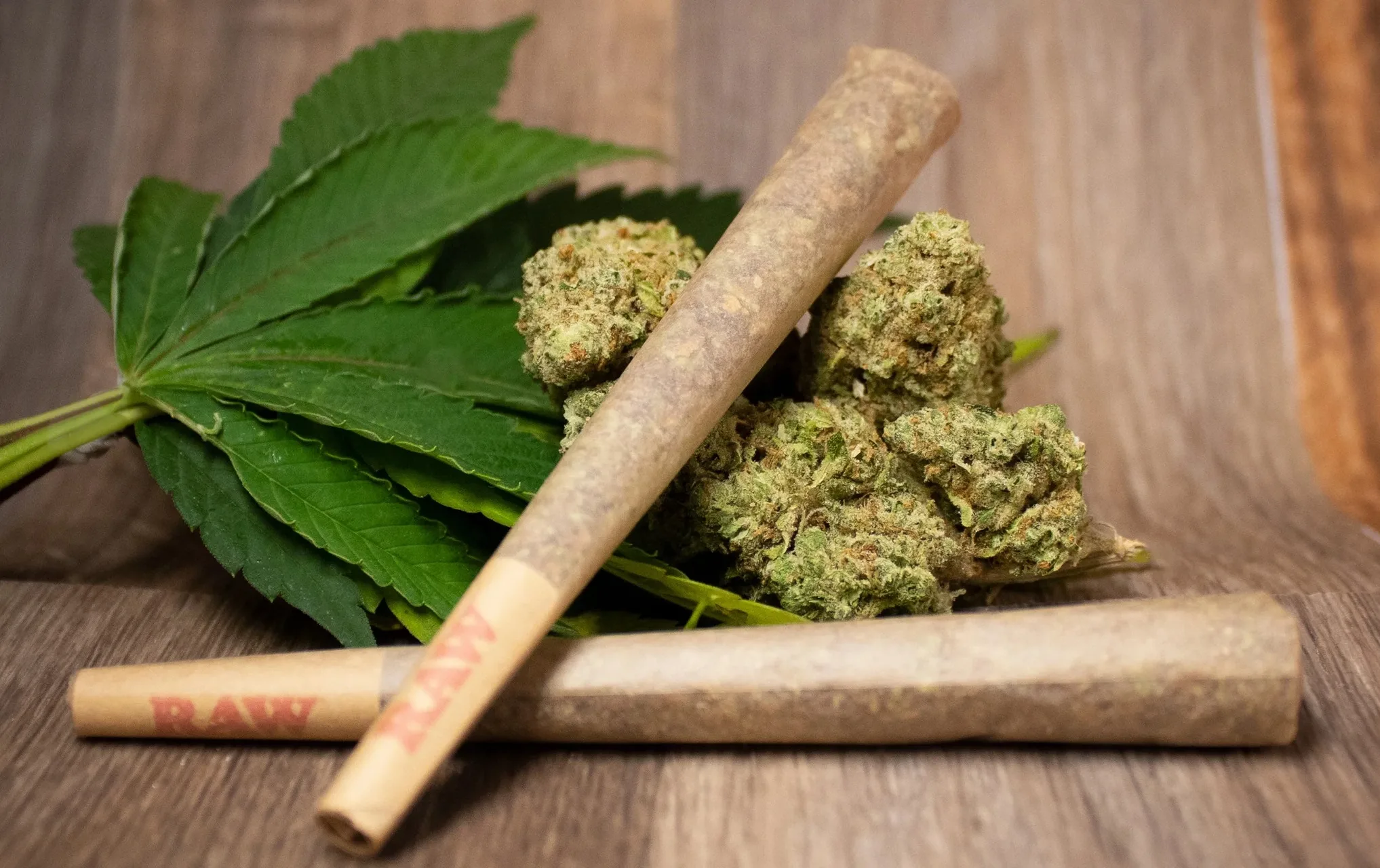
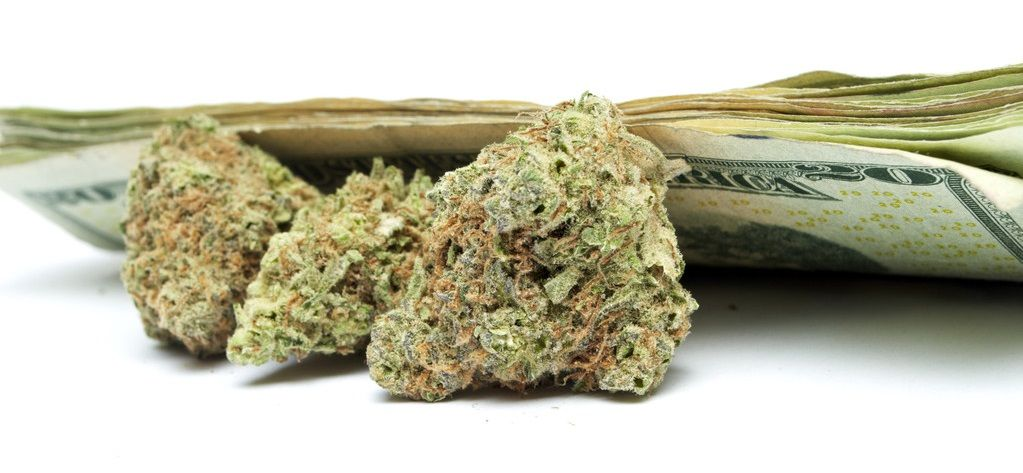 This figure is consistent with the $20.9 million made in October and the $21.1 million collected in September. The state’s highest monthly total this year remains $23.2 million, recorded in April.
This figure is consistent with the $20.9 million made in October and the $21.1 million collected in September. The state’s highest monthly total this year remains $23.2 million, recorded in April.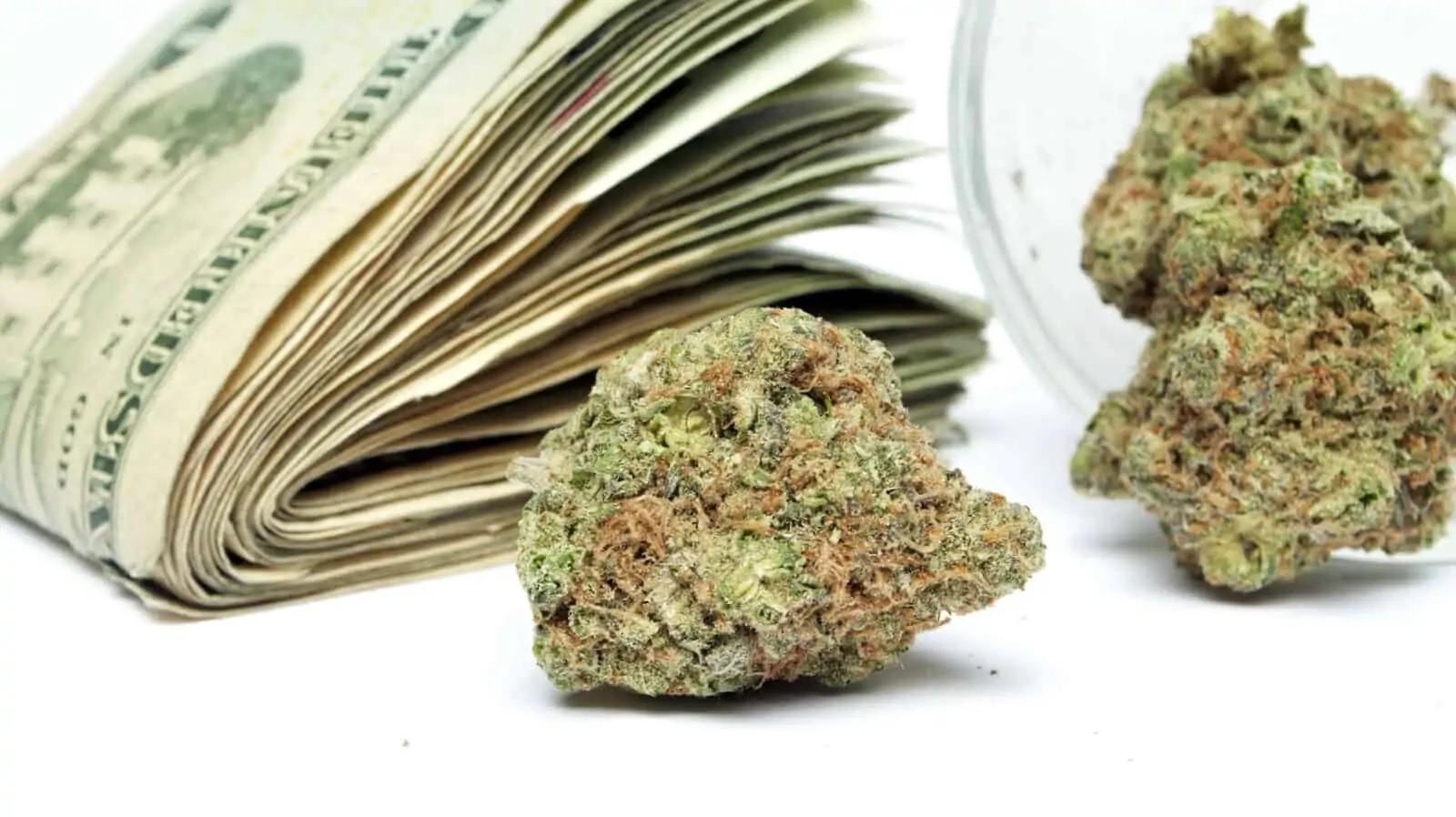 According to data presented at today’s Cannabis Control Board (CCB) meeting, the state currently has 261 licensed marijuana stores, with sales reaching $919 million so far in 2024. This puts New York on track to pass the $1 billion mark before the end of the year.
According to data presented at today’s Cannabis Control Board (CCB) meeting, the state currently has 261 licensed marijuana stores, with sales reaching $919 million so far in 2024. This puts New York on track to pass the $1 billion mark before the end of the year.